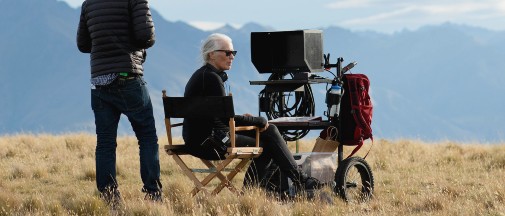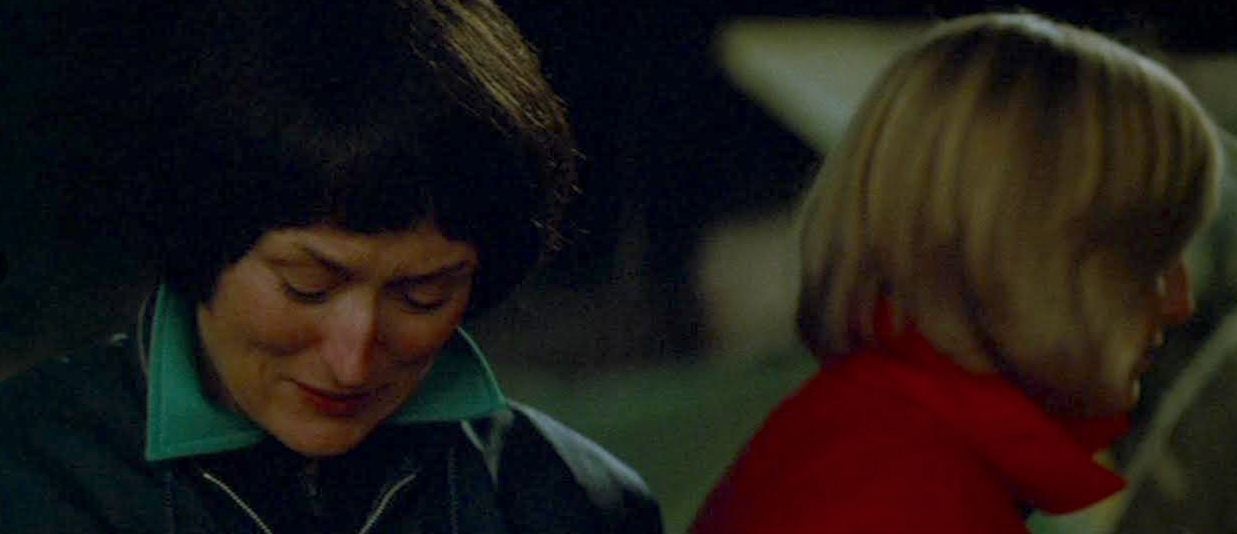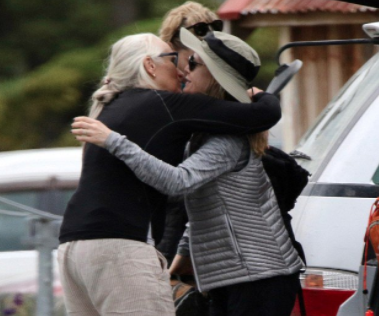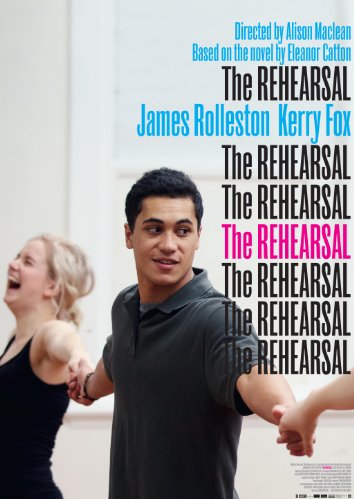Halfway Mark Pt 1: Gay Films of the Moment and Near-Future
 Monday, July 10, 2023 at 8:26PM
Monday, July 10, 2023 at 8:26PM by Nathaniel R
JOYLAND
This pronouncement is two weeks late for Pride Month but 2023 is shaping up to be a good year for queer films. Not that people have noticed, exactly. The first new challenge for audiences in the brave new world of cinematic distribution is actually knowing that any particular movie exists. The second is knowing where to find it once you do (distribution is so messy in the 21st century!). Between the streaming wars, teensy theatrical runs, and the still rarely discussed / under reported wilderness of "VOD" many titles slip by unnoticed. The artists who made them and the lucky audiences who discover them can only hope they pick up steam through word of mouth or with the passage of time. The best LGBTQ title of the year is Pakistan's 2022 Oscar submission Joyland (reviewed by Cláudio) which is currently in the gap between a theatrical run and various ways to screen it at home and you already heard me rave about last November. When you get a chance to see it you absolutely must. Another unmissable is the Taylor Mac documentary on HBO (reviewed by Glenn).
After the jump some gems you can currently rent or stream that were released theatrically already and some to look forward to...






